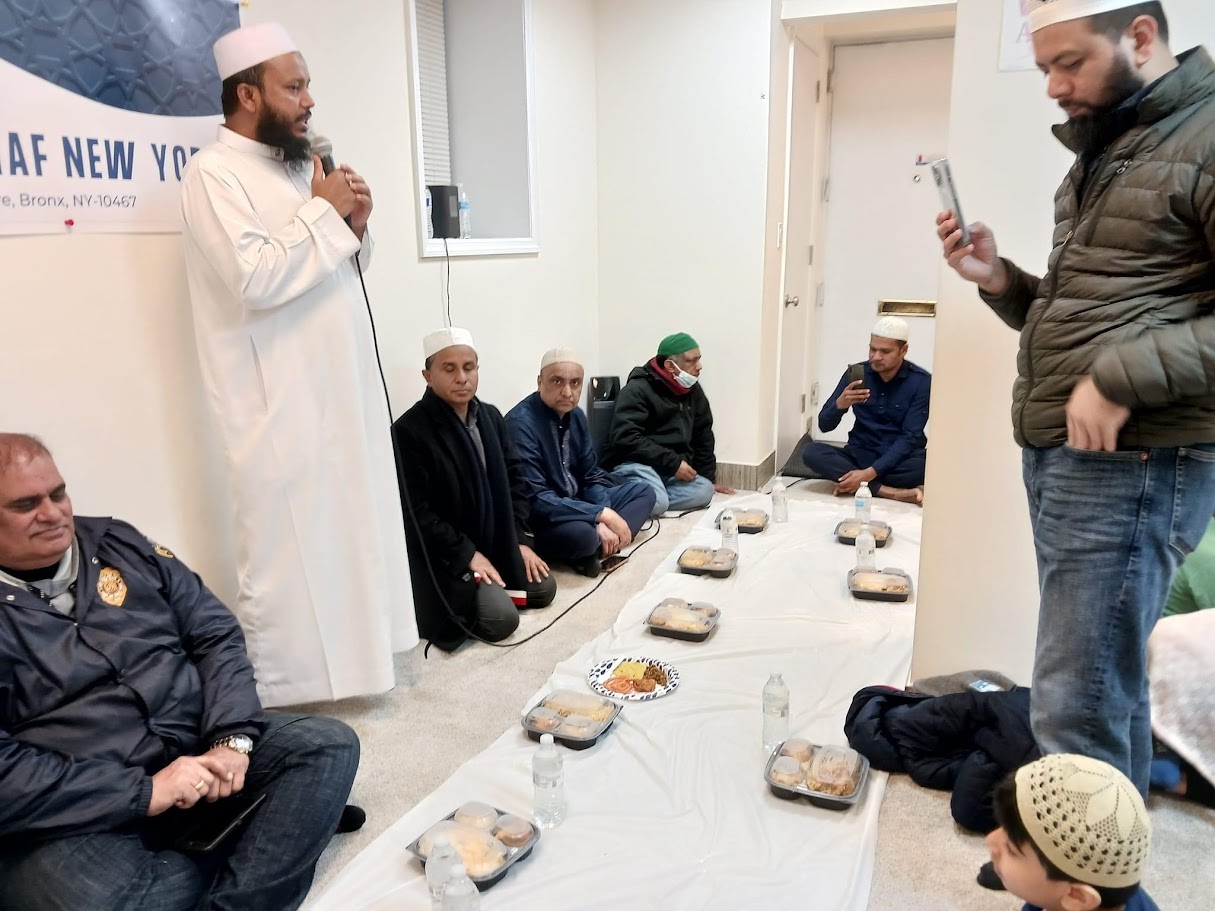Ramadan, the ninth month of the Islamic lunar calendar, is a sacred period for Muslims worldwide. It’s a month of fasting, prayer, self-reflection, and community. Observed by over a billion people, Ramadan holds a special place in the hearts of Muslims as a time to reconnect with their faith and embrace the spirit of generosity, discipline, and spiritual growth.
Why Ramadan is Significant
Ramadan commemorates the revelation of the Quran to the Prophet Muhammad (PBUH). It’s a month of immense spiritual significance, offering an opportunity for believers to cleanse their souls, strengthen their connection with Allah, and practice gratitude. The act of fasting, or sawm, is one of the Five Pillars of Islam and a central practice during Ramadan. From dawn (Fajr) to sunset (Maghrib), Muslims abstain from food, drink, and other physical needs to focus on spiritual reflection and self-discipline.
The Purpose of Fasting
Fasting during Ramadan is not merely an act of physical deprivation. It is a spiritual exercise that teaches patience, empathy, and self-control. By experiencing hunger and thirst, Muslims are reminded of the struggles of those less fortunate, encouraging acts of charity and kindness. It’s also a time to purify the soul, avoid negative behaviors, and strive for a higher level of piety.
Acts of Worship and Community Spirit
Ramadan is a time of increased worship and devotion. Muslims engage in nightly prayers called Taraweeh, read and reflect on the Quran, and make du’a (supplications). Many aim to complete the entire Quran during the month, dividing its 30 chapters across the days of Ramadan. The pre-dawn meal, Suhoor, and the breaking of the fast at sunset, Iftar, are moments of unity, often shared with family and friends.
The Generous Spirit of Ramadan
Ramadan embodies the spirit of giving. Muslims are encouraged to perform acts of charity, known as Sadaqah, and fulfill their obligatory almsgiving, Zakat. These acts help to uplift those in need and strengthen community bonds. Feeding the hungry, donating to charitable causes, and sharing meals with neighbors are common practices during this blessed month.
Laylat al-Qadr: A Night of Power
One of the most spiritually significant nights of Ramadan is Laylat al-Qadr (the Night of Power), which falls in the last ten days of the month. It is believed to be the night when the Quran was first revealed. Worship on this night is said to be better than a thousand months, and Muslims dedicate themselves to prayer, seeking Allah’s forgiveness and mercy.
Celebrating Eid al-Fitr
Ramadan concludes with Eid al-Fitr, a festive celebration marking the end of fasting. Muslims begin the day with a special prayer and give Zakat al-Fitr, a form of charity, to ensure that everyone can participate in the festivities. Eid is a day of joy, gratitude, and community, celebrated with feasts, gifts, and family gatherings.
A Month of Reflection and Renewal
Ramadan is more than a month of fasting; it’s a time for transformation. It’s an opportunity to break bad habits, develop self-discipline, and strengthen one’s relationship with Allah. The lessons learned during Ramadan often carry over into daily life, inspiring Muslims to continue striving for personal and spiritual growth.
As Ramadan approaches, let us embrace its blessings and strive to make the most of this sacred time. May it be a month of reflection, renewal, and boundless rewards for all. Ramadan Mubarak!


